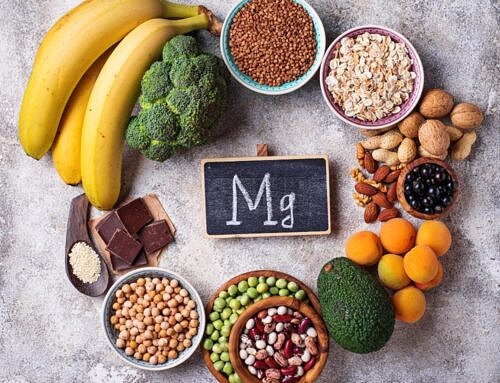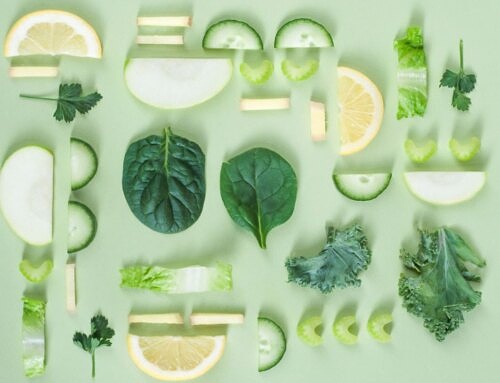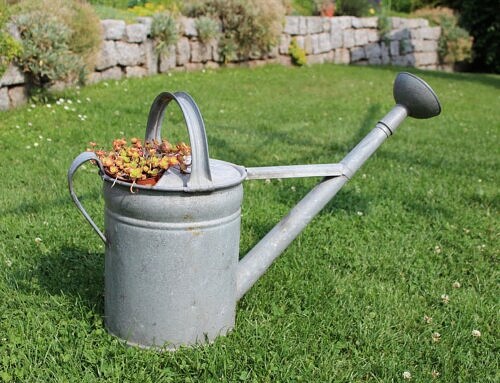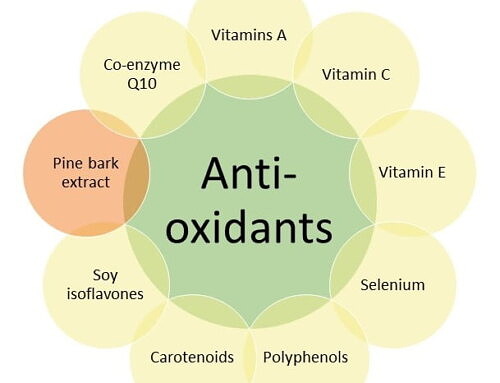
1 What is it?
CoQ-10 is a nutrient that is made by our bodies and can be found in food (see 5 Sources). Not only is it important for energy production, it also helps to protect our cells from damage through its antioxidant properties, and supports the immune system.
2 How does CoQ-10 help energy levels?
CoQ-10 can be found within our cells in the mitochondria, the part of the cell involved in energy utilisation. It supports the proteins that transport electrons through the cells (the electron transport chain), which enables the mitochondria to make ATP. ATP is an energy-carrying molecule that is stored and used in our cells.
3 Links to health concerns
Studies are still underway to confirm CoQ-10’s role in common health conditions, but deficiency has been linked to diabetes, heart disease, fibromyalgia, muscular diseases, cancer and brain disorders. Each of these disorders has multiple contributory factors, so please do not assume low CoQ-10 is the cause of the issues in any sufferers you know – however increasing intake may help with symptoms and reduce the risk of contracting these health concerns.
4 Depletion
Signs that you may have insufficient CoQ-10 include:
- Physical fatigue and muscle weakness
- Mental fatigue (including memory lapses and difficulty concentrating).
Statins may interfere with CoQ-10 production as they affect how the liver works. If you are concerned that your medication is affecting your health, it is advisable that you discuss these concerns with your doctor – do not change your medication without prior discussion with your doctor! Furthermore, do not commence use of nutritional supplements to mitigate potential depletions without discussion with an appropriate health professional as there may be contraindications with some medications.
Other contributors to low CoQ-10 include: mitochondrial disease, vitamin B6 deficiency, age, and gut health problems.
5 Dietary sources
CoQ-10 can be found in oily fish, organ meats, meat, green leafy vegetables, nuts and pulses, oranges, strawberries and wholegrains. To improve your absorption, consume it alongside healthy fats.
To make CoQ-10 in the body we need the amino acid tyrosine, which can be found in a wide range of protein-rich animal and plant foods. Other nutrients are involved in the conversion so a diet with a variety of whole foods will further support the process. We produce less of this nutrient as we age.
References/Further Reading
- Semeco (Healthline) – 9 Benefits of Coenzyme Q10 (CoQ10). https://www.healthline.com/nutrition/coenzyme-q10#TOC_TITLE_HDR_2
- Zozina, et al – Coenzyme Q10 in Cardiovascular and Metabolic Diseases: Current State of the Problem. https://www.ncbi.nlm.nih.gov/pmc/articles/PMC6131403/



